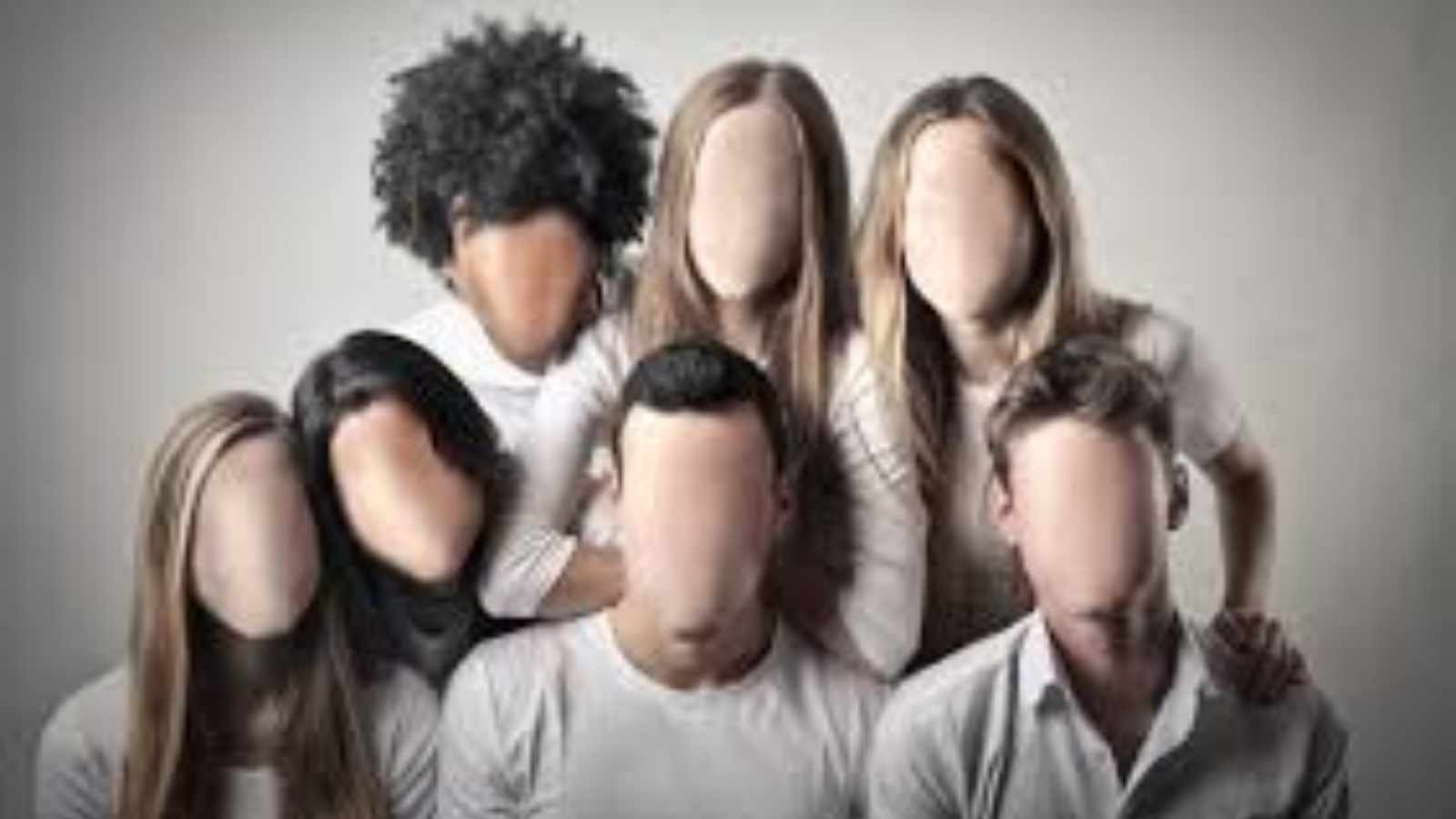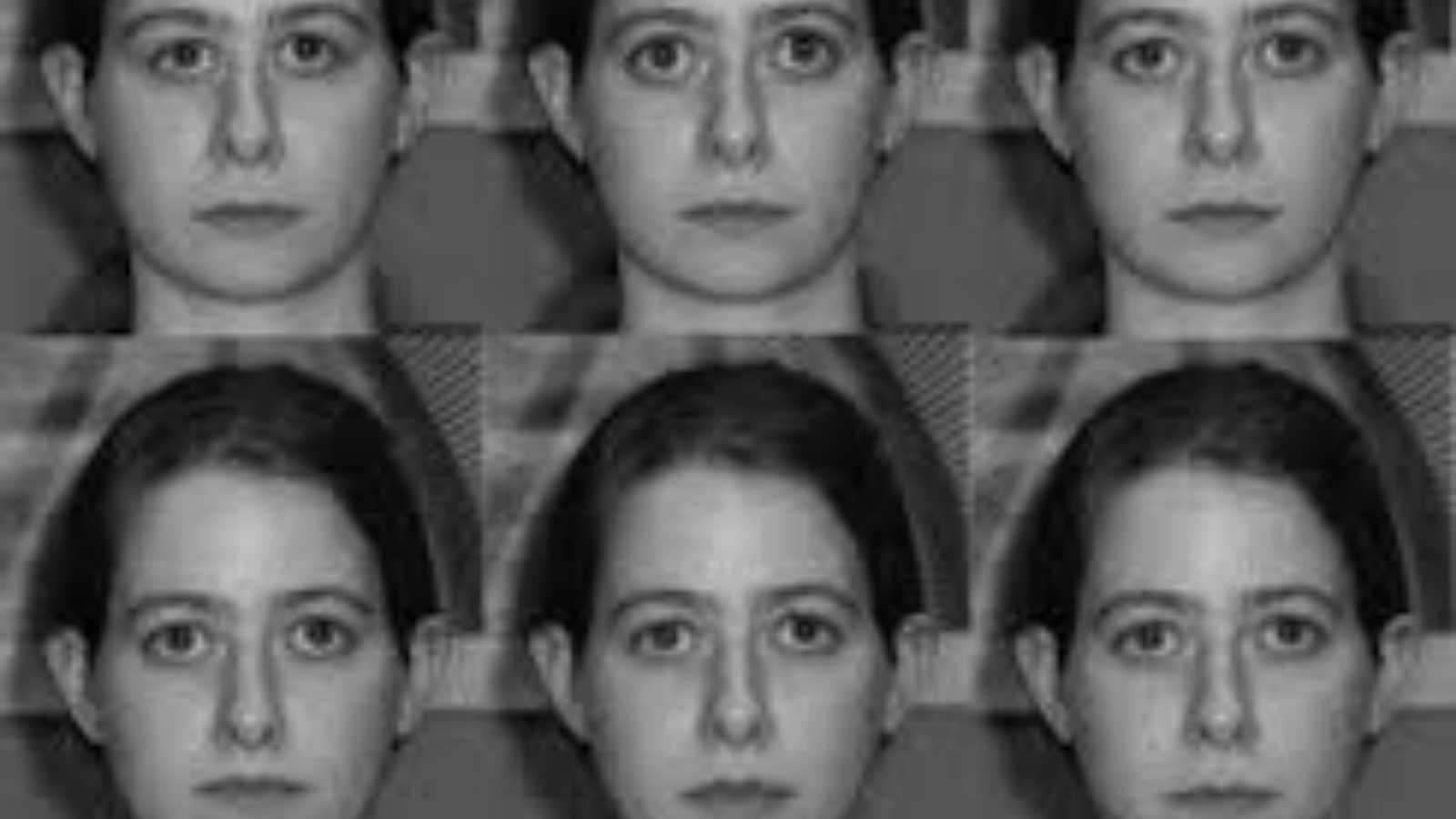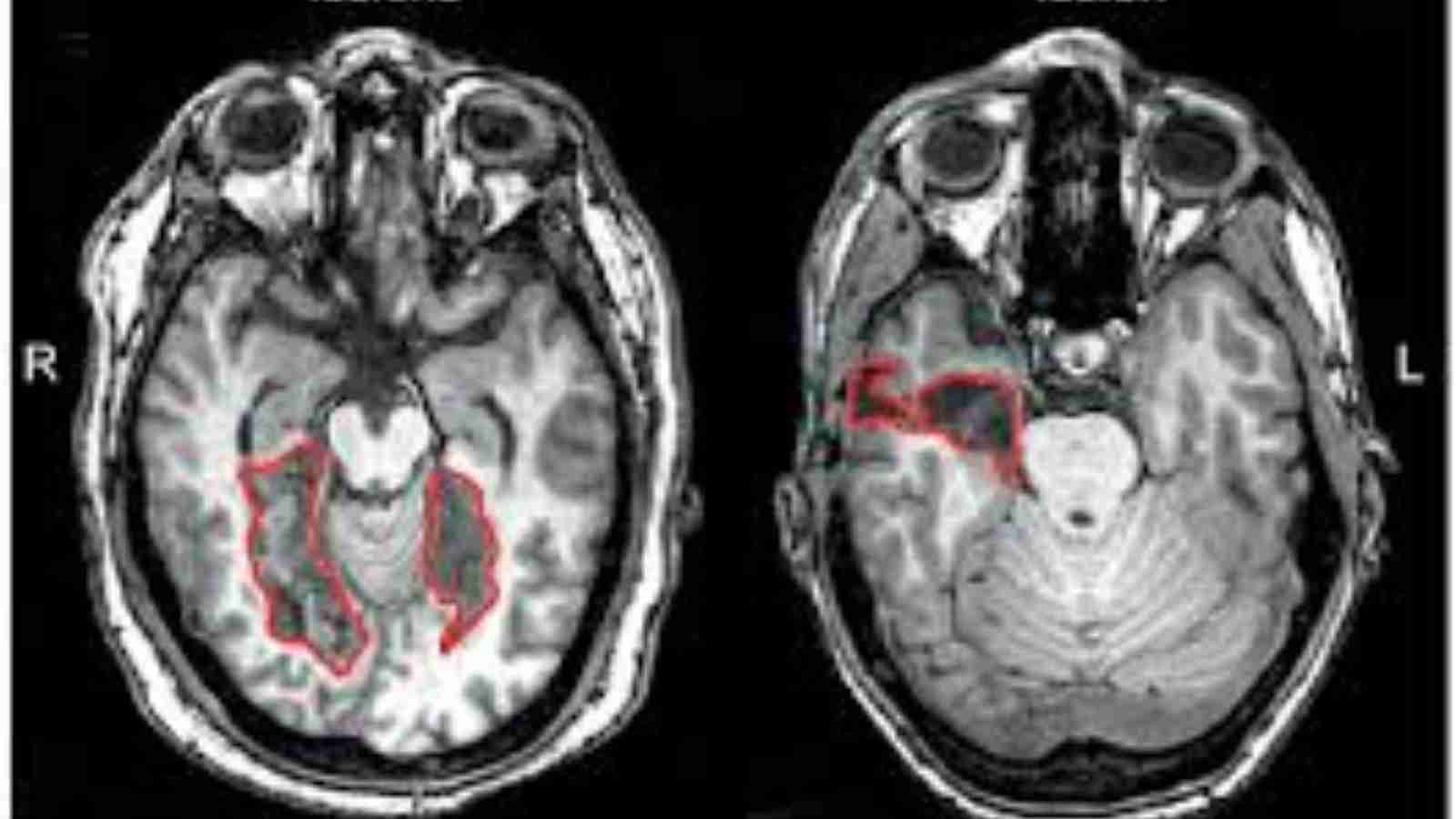Brad Pitt is struggling with face blindness or Prosopagnosia. Recently, the actor opened up about his condition and shared his experience. The actor said that people have often misunderstood him due to this condition. It has not been an easy journey for him.
This disease has claimed many other famous people including legendary primatologist Jane Goodall, Apple co-founder Steve Wozniak, and English actor and comedian Stephen Fry. Many fans want to know what this disease really is. This article explains everything one needs to know about this rare condition.
Brad Pitt Breaks Down His Condition

In a recent interview with GQ, Brad Pitt talked about his condition. He said about how he is unable to recognize faces and how people think he is just a rude and a completely self-obsessed actor. Pitt exclaimed, “Nobody believes me! whenever I speak about my struggle.” During the interview, the interviewer admitted that their spouse also feels that they suffer from this condition. To which Pitt said, “I wanna meet another.”
Pitt has also previously spoken about his struggle with prosopagnosia in an Esquire interview in 2013. He said, “So many people hate me because they think I’m disrespecting them.” He added, “I can’t grasp a face, and yet I come from such a design/aesthetic point of view… I am going to get it tested.” He also added that the condition is the reason “why I stay at home.”
What Is Prosopagnosia?

The word Prosopagnosia comes from the Greek word prósōpon, meaning face, and agnōsía meaning non-knowledge. It is a cognitive disorder of face perception in which the ability to recognize familiar faces, including one’s own face is impaired, while other aspects of visual processing and intellectual functioning remain intact.
The National Health Service of the U.K. gave a brief description of the disease. According to them, condition affects people from the time of birth. It is something the patients have to deal with throughout their entire lives. “Many people with prosopagnosia are not able to recognize family members, partners or friends,” the NHS explains on their website. “They may cope by using alternative strategies to recognize people, such as remembering the way they walk or their hairstyle, voice or clothing.”
The NHS explains that people with the condition “may avoid social interaction and develop a social anxiety disorder, an overwhelming fear of social situations. They may also have difficulty forming relationships or experience problems with their career.” The NHS adds, “Someone with prosopagnosia may worry that they appear rude or not interested when they fail to recognize a person.”
Symptoms Of Prosopagnosia

The primary symptom of this disease include problems in recognizing faces of close people in person and in pictures. These people are also unable to describe their own face. It creates confusion about plotlines in movies or plays with numerous characters.
The patient suffers from a particular feeling of disorientation in crowded faces. There is also difficulty in distinguishing people wearing the same uniforms or clothes. Such people recognize one by personal questions or by focusing on telltale clothing, hairstyles, jewelry, perfumes, or colognes.
Types Of Prosopagnosia

This condition has three types namely, apperceptive, associative, and developmental. Apperceptive prosopagnosia is a type of acquired prosopagnosia. It is defined as the inability to recognize and comprehend the face.
Associative type is also a type of acquired prosopagnosia. Here the patient is unable to interpret or recognize a face even though one can perceive it. Apperceptive prosopagnosia is believed to be associated with impaired fusiform gyrus.
Associative prosopagnosia is thought to be due to impaired functioning of the parahippocampal gyrus. Finally, the developmental type is a lifelong condition in which the patient is unable to recognize faces despite the absence of any sensory visual issues and even intellectual disability.
Causes Of Prosopagnosia

The main cause of this condition is due to lesions in the inferior occipital areas, fusiform gyrus, and the anterior temporal cortex. Acquired prosopagnosia is caused due to brain damage, including that caused by strokes, traumatic head injuries, or neurodegenerative medical conditions.
The developmental type is completely congenital and runs in families. Many families have reported that at least 1 first-degree relative, such as a parent or sibling (brother or sister) is also facing similar problems.
Diagnosis Of Prosopagnosia

In case somebody is facing similar complaints they should definitely go to a neurologist. The neurologist will assess the ability to recognize faces, read emotional cues, and determine personal characteristics such as age and sex. They use certain tests as a diagnostic tool.
These tests are the Benton Facial Recognition Test and the Warrington Recognition Memory for Faces. Even tests like the Cambridge Face Perception Test, and the Cambridge Face Memory Test are also on the list.
Treatment Of Prosopagnosia

Unfortunately, there is no specific treatment for this condition. The patients have to learn other ways to survive like hair, voice, and clothes. This condition often leads to depression and causes the patients to become extremely withdrawn. Therapy and medications are helping the patients to overcome the depression which comes as a part of this condition.
Research is going to come up with a treatment for this condition. “Several studies have indicated that as many as 1 in 50 people may have developmental prosopagnosia,” the NHS reports, meaning as many as 6.5 million people in the U.S. could have it, to varying degrees of severity.
Read More: Travis Barker Breaks Silence On His “Life-Threatening” Health Condition

